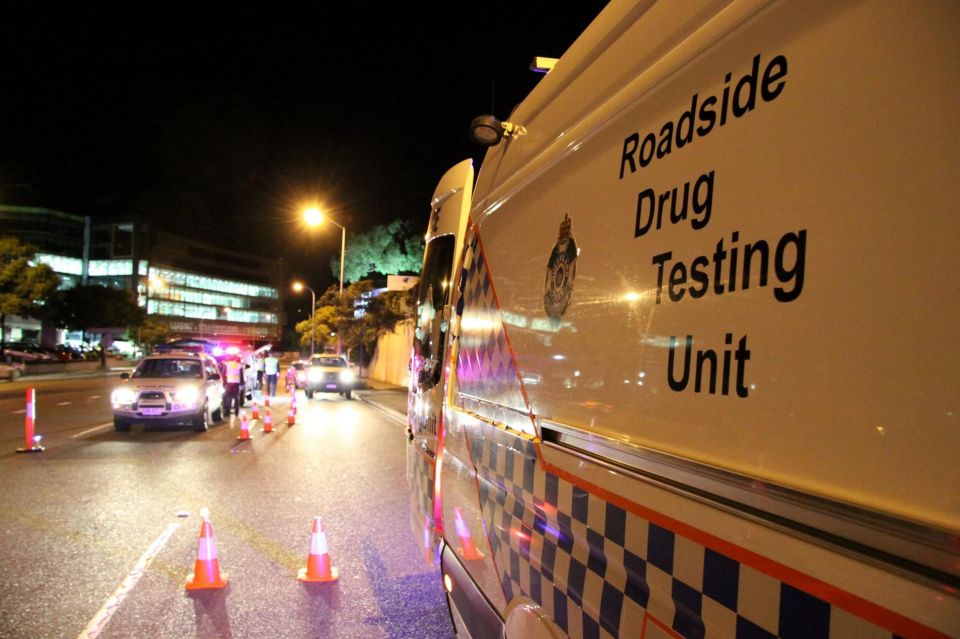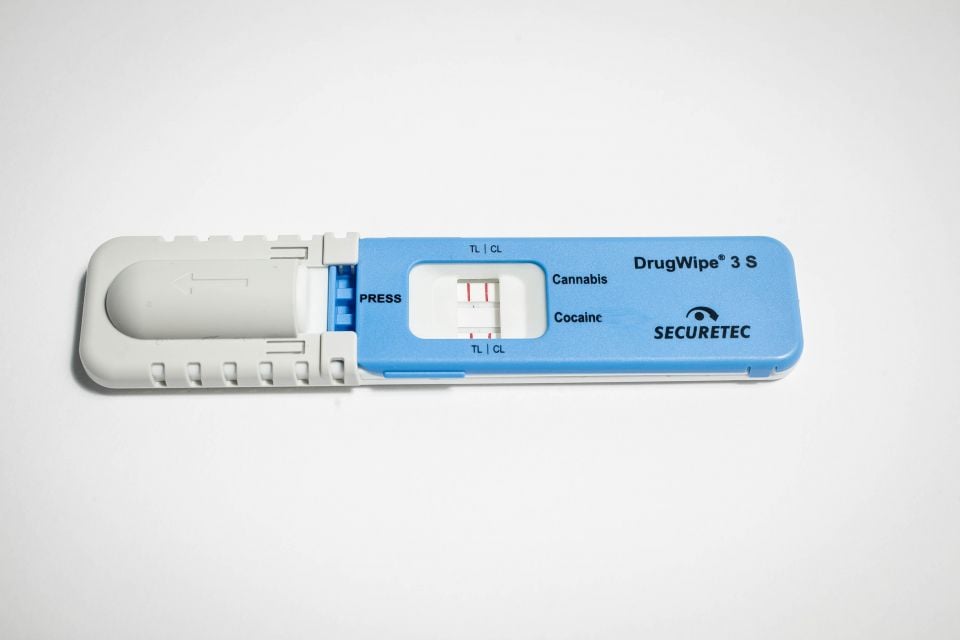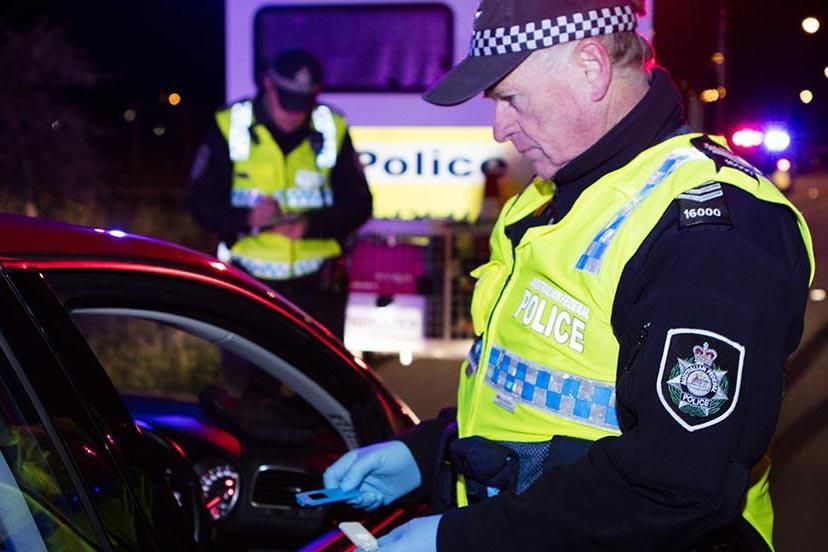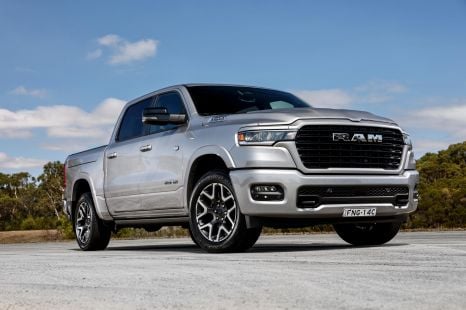

James Wong
2026 BYD Sealion 7 review
6 Hours Ago
Over four days, New South Wales police conducted over 10,000 random drug tests of motorists, with 470 of these returning a positive result.

Marketplace Journalist


Marketplace Journalist
Police in New South Wales have wrapped up a four-day operation targeting impaired motorists, during which 6653 traffic offences were detected – and almost 500 road users returned a positive test for drugs.
Operation Remove All Impaired Drivers (RAID) began on Thursday, September 5 and concluded on Sunday, September 8, and had officers targeting drink driving, drug driving, and fatigue – three factors police have identified as major contributors to NSW’s annual road toll.
During the operation, police conducted 10,885 random drug tests, of which 470 motorists – or 4.3 per cent of those tested – returned a positive result.
While police conducted considerably more random breath tests than drug tests, the number of motorists charged with alcohol-related driving offences is lower than the number of motorists who returned a positive result for drugs.
100s of new car deals are available through CarExpert right now. Get the experts on your side and score a great deal. Browse now.

Police conducted 120,093 random breath tests and charged 211 motorists for prescribed concentration of alcohol (PCA) and driving under the influence (DUI) related offences – accounting for less than 0.2 per cent of those tested.
Notably, the presence of alcohol in a motorist’s system isn’t itself an offence, unless it reaches a prescribed legal limit. In contrast, it’s an offence for a motorist to have any amount of illegal drugs like cocaine in their system.
During the operation, officers also recorded 1895 speeding offences, 261 mobile phone or distraction-related offences, and more than 4200 other driving offences.
There were a number of notable incidents during the operation, including one involving a Hyundai that was stopped at a random breath testing site on the Pacific Highway at Ourimbah at around 11.45pm on September 5.
The 31-year-old female driver allegedly failed an oral fluid test and was detained, but the 32-year-old male passenger allegedly fled the scene on foot.

Following a foot pursuit, police allege the man was tasered and found to be carrying 206 grams of a substance believed to be cocaine, 57 grams of methylamphetamine, and over $4000 in cash concealed in his pants.
He was taken to Wyong Police Station and charged with a series of offences. He was refused bail and appeared before Wyong Local Court on September 6.
Operation RAID follows the introduction of a new law in NSW which grants police more power to arrest alleged drug drivers on the spot, which came into effect on September 1.
Motorists who return a positive roadside oral test for drugs can be placed under arrest, instead of needing to be taken to a police station or nearby testing bus.
The first test is sent to a lab for analysis while a second on-the-spot test is conducted and, if this returns a positive result as well, the motorist is banned from driving for the next 24 hours.

Operation RAID concluded as 229 deaths have been recorded in NSW so far this year, or two deaths behind the figure recorded at this time last year.
From July 1, 2022 to June 30, 2023, 3,727,999 random breath tests were conducted in NSW, with 20,992 returning a positive indication.
In the same period, a total of 113,955 roadside drug tests were conducted with 17,593 returning a positive indication.
Last year, drug driving accounted for more fatalities than drink driving in New South Wales.
According to the National Road Safety Partnership Program – delivered by Monash University’s Accident Research Centre – a quarter of drivers killed in road crashes had drugs other than alcohol in their system.
Max Davies is a CarExpert journalist with a background in regional media, with a passion for Japanese brands and motorsport.


James Wong
6 Hours Ago


Damion Smy
14 Hours Ago


Damion Smy
18 Hours Ago


Josh Nevett
20 Hours Ago


Josh Nevett
20 Hours Ago


Damion Smy
20 Hours Ago